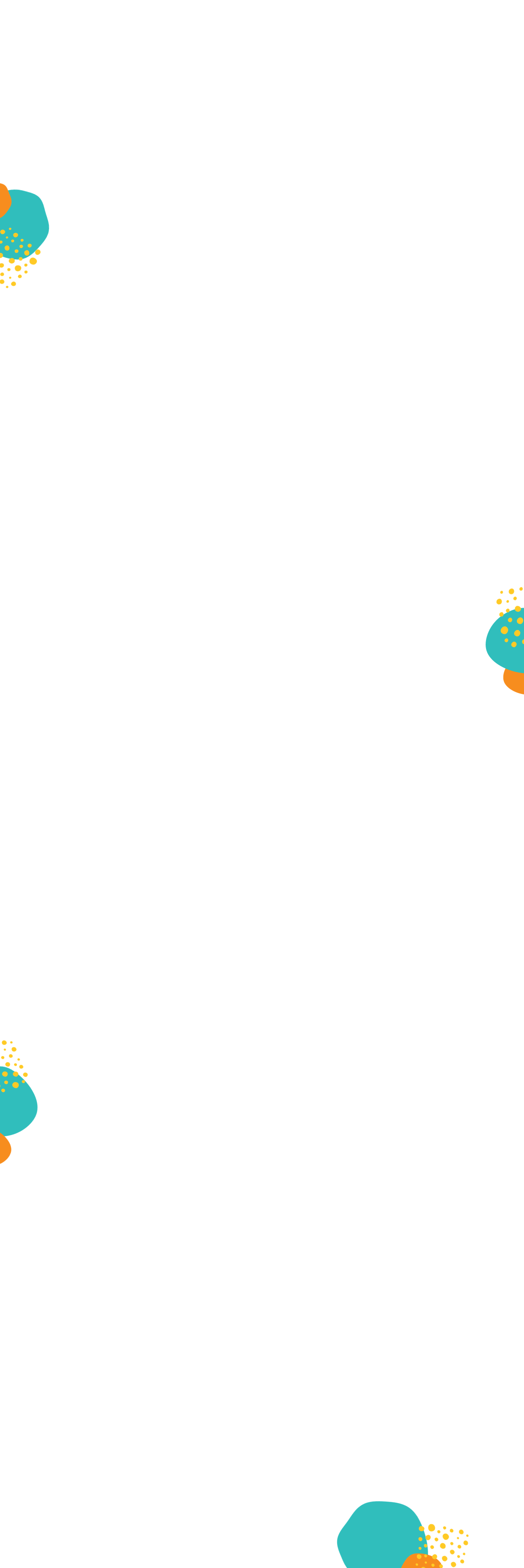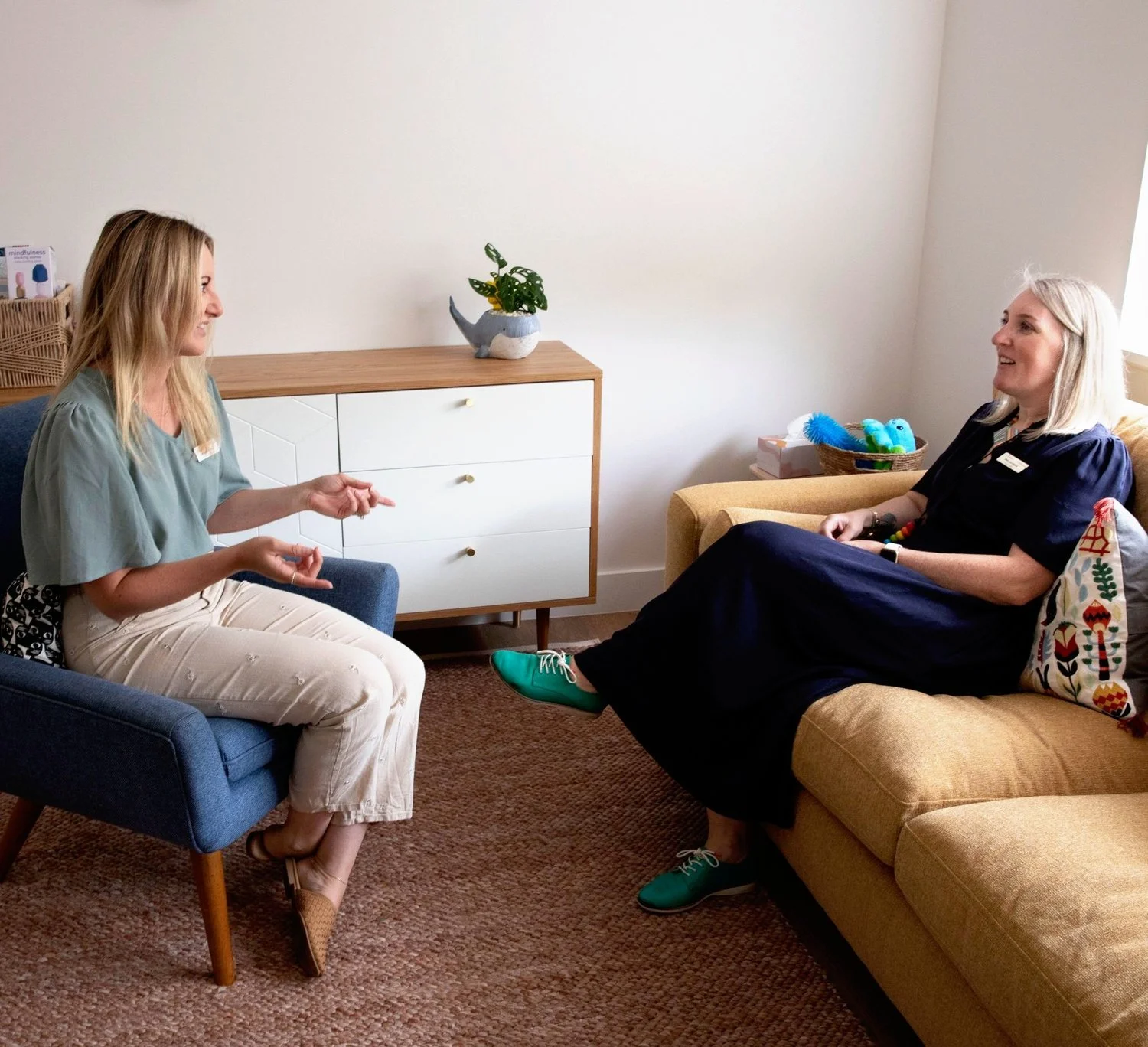
In addition to our general and clinical psychological services, we offer occupational therapy and speech therapy, allowing us to address a wide array of needs.
General and Clinical Psychology
At Child Matters | Teen Matters, our psychologists are trained to look closely at the overall development of a child, as well as the functioning of the family unit. They are perfectly placed to oversee and coordinate goals and therapy plans for your child and family. Psychologists can also help manage specific programmes to assist with issues such as sleep, toileting, mealtime behaviour, and can help support you to create positive home environments for all family members.
Our psychologists also assist in daycare and school support. This therapy is individualised but most commonly focuses on social and friendship goals, emotional expression and regulation, developing self awareness, and confidence. When possible, we can come to you and deliver therapy at home or at school.
Occupational Therapy
Occupational therapists deliver family-centred, strengths-based therapy to support the child in developing skills to enable them to participate and engage in all aspects of their lives. We work with children who may experience difficulties in areas such as sensory processing, visual perception, gross motor skills, handwriting, fine motor skills, and activities of daily living (such as dressing, feeding, toileting and sleeping).
Our occupational therapists are qualified health professionals and registered members of Occupational Therapy Australia and the Australian Health Practitioner Regulation Agency.
Speech Therapy
Speech therapy addresses challenges with language and communication, which vary from person to person. Some individuals on the autism spectrum are not able to speak; others love to talk, but have difficulty holding a conversation or understanding body language and facial expressions when talking with others. Our speech pathologists can help people with autism improve their verbal, nonverbal, and social communication. Their overall goal is to help the our clients communicate in more useful and functional ways.
Common goals may include improving spoken language, learning nonverbal skills such as signs or gestures, or learning to communicate using an alternative method (including AAC methods/technologies). Speech therapy can also help people work on goals related to social communication, and we sometimes offer social skills groups in addition to one-on-one therapy. Our speech pathologists may also work on coaching children and adults on communication in different settings. This can include how to communicate with friends, communicating in a relationship, appropriate behaviour at work, and more.
Family Capacity Building Support
Because we aim to provide comprehensive support for the entire family unit, it is important that parents, carers, and siblings are also included in the support process. Providing this type of wraparound support ensures the best possible outcomes for our children and teens. Some of the many benefits our family capacity building support can provide include: helping you better understand and effectively meet your child or teen’s unique needs, assisting you in feeling supported and confident to implement home-based strategies that have been recommended by the clinical team, and ensuring that siblings appreciate and understand the specific needs of their brother or sister.
Allied Health Therapy Assistants
Child Matters | Teen Matters has a team of vibrant, engaging, and highly skilled allied health therapy assistants (AHTA) who play an essential role in our mission. Our AHTAs operate under the supervision of qualified clinicians, delivering targeted occupational therapy, speech therapy, or psychology-based programs tailored to suit individual needs. Their contributions are fundamental to ensuring that many children and teenagers receive the necessary support to achieve their specific goals effectively. By facilitating a higher frequency of therapy sessions, they help provide a cost-effective solution that leads to positive outcomes for the young individuals we support.
Early Childhood Intervention
Our early intervention specialists play a crucial role in delivering comprehensive intervention and support services to meet the unique and holistic needs of children (aged 0 to 7) and their families. They have a wealth of experience in understanding and working with neurodivergent children, and combine these two areas in the work they undertake with children and families.
-
Each of our therapy processes look different from each other, but all begin with an initial discussion with us to work out which one(s) will be most beneficial for your child or teen.
For example, if occupational therapy is deemed appropriate after initial discussions, an assessment of a child is carried out by one of our occupational therapists. These sessions can go for 60-90 minutes and may include standardised and non-standardised assessment tools, parent and teacher reports, and clinical observations. On completion a report will be compiled detailing the results from the assessments. It will highlight the child’s strengths as well as weaknesses, and provide recommendations moving forward.
Likewise, speech therapy program begins with an evaluation by one of our speech pathologists to assess the individual’s communication strengths and challenges. From this evaluation, the Speech-Language Pathologist (SLP) creates individual goals for therapy.
Practical goals will then be decided on through liaison with the child and their parent or caregiver, and these goals will be the focus of therapy sessions. Therapy will be functional, practical and goal-focused, but at the same time will be fun and motivating for the child or teen to assist them reaching their full potential!
-
General psychology is delivered by registered psychologists, who play a vital role in providing a range of services such as assessment, counselling, and therapy. They possess a strong understanding of various psychological issues and are able to offer valuable support to individuals in need.
Clinical psychologists possess advanced knowledge and skills in the assessment, diagnosis, and treatment of complex psychological disorders and mental illnesses. They specialise in working with individuals who may be experiencing severe or chronic mental health conditions, ensuring that their clients receive the specific care and attention they require.
-
Provisional psychologists are individuals who have completed their tertiary studies in psychology, and are now undertaking the applied portion of their qualifications. Each of our provisional psychologists are mentored for the duration of their provisional status by an in-house Child Matters | Teen Matters supervisor, with each of our supervisors being accredited by the Psychology Board of Australia.
-
Examples of the skills that speech therapy may work on include:
Strengthening the muscles in the mouth, jaw and neck
Making clearer speech sounds
Matching emotions with the correct facial expression
Understanding body language
Responding to questions
Matching a picture with its meaning
Using a speech app on an iPad to produce the correct word
Modulating tone of voice
-
Some people with autism find that using pictures or technology to communicate is more effective than speaking. This is known as Alternative Augmentative Communication (AAC).
Examples of AAC methods include:
Sign language
Picture exchange communication system (PECS)
iPads
Speech output devices
Our speech-language pathologist can help to identify which AAC method (if any) is right for someone with autism and teach him/her how to use the method to communicate.








